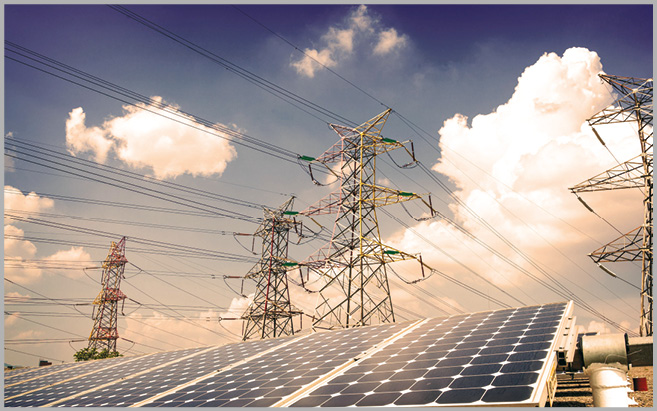Brexit-proofing Ireland’s energy future


A report by the ESRI examining Irish energy policy in the face of Brexit has advised against an “excessive degree” of concentration on issues arising from Brexit, describing them as potentially “peripheral” in determining the degree to which the energy sector impacts on the welfare of the Irish people.
The report authored by Muireann Á Lynch advises against too much focus being put on likely Brexit-effected issues such as security of supply and warns policymakers that “salient” issues in relation energy and climate, such as competitiveness, carbon pricing and taxation and infrastructure, should not be neglected.
The report does not dismiss the importance of ensuring that Brexit-related consequences inform Irish energy policy in the short to medium term. There are key concerns around the impact the UK leaving the EU will have on Irish energy given that Ireland’s gas and electricity systems are currently exclusively connected to Great Britain. Should the UK opt out of membership of the EU Internal Energy Markets (IEM) there are concerns around security of supply, interconnector trading efficiency and Ireland’s reserve oil stores within the UK.
For this reason, the report recommends that the all-island market, which has harnessed economies of scale and increasing competition to return a more efficient and transparent market, should be prioritised in Brexit negotiations. Any changes to the UK’s energy policy, particularly around renewables, could undermine the current market efficiency.
Security of supply is a serious post-Brexit concern, especially considering that the Moffat interconnector in Scotland is expected to be Ireland’s dominant source of gas supply by next year. The report suggests that “opportunities for diversifying gas supply should be studied and the costs and benefits associated with each should be clearly identified”.
However, these concerns should not be the catalyst for knee-jerk reactions. Looking at infrastructure, the report says that while the potential impact of Brexit may tempt policymakers to prioritise projects such as Liquefied Natural Gas (LNG) or the Celtic Interconnector to France, these decisions must take into consideration: future energy prices, future demand, future energy investments in Ireland and other countries and any uncertainties around this, and be formed through a “cost-benefit analysis”.
Improvement
The report highlights that Brexit aside, there is scope for improvement in Ireland’s energy market and identifies three key areas for examination. Firstly, informing of 2030 renewable and climate targets through robust analysis of the least-cost path to carbon reduction. Secondly, assessing the argument for shifting renewable energy deployment from the electricity sector to those of heat and transport. Thirdly, the North South Interconnector’s importance in securing supply and reducing consumer costs.
Concluding, the author states that while it is prudent to re-evaluate and reappraise policy in light of changing global events, policymakers should exercise caution in determining their priorities.
Muireann Lynch says: “While Brexit will certainly impact on the policy landscape, there are many opportunities for improving Irish energy policy that should be addressed regardless of Brexit. These include a thorough cost-benefit analysis of new infrastructural projects such as gas and electricity interconnection, efficient renewable energy policies and increasing competition and value for money in energy markets. Policy makers should not focus to an excessive degree on the real or perceived threats of Brexit while potentially ignoring other pressing issues.”





